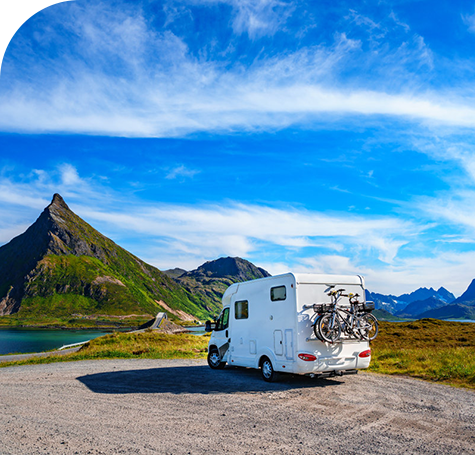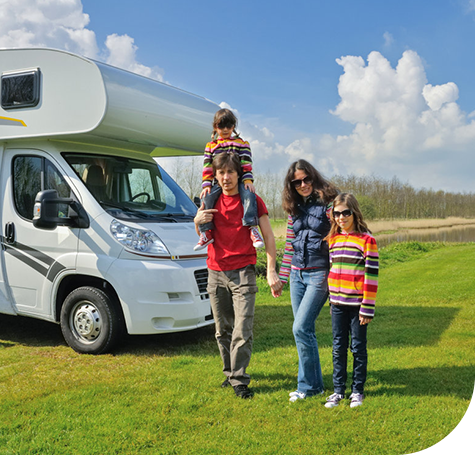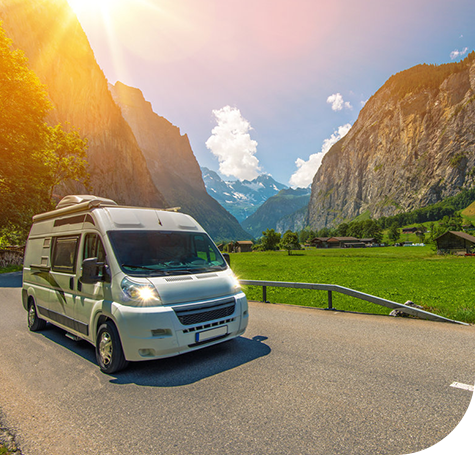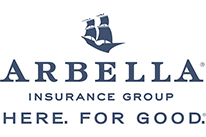A lot of people live in mobile homes all year round, while many others use them as vacation homes. Based on data collected by the U.S. Census Bureau, 17.7 million people live in mobile homes (2016). Given this, you would imagine they are covered under homeowners’ insurance. However, due to the fact that mobile homes are built off-site, they need slightly different insurance than site-built homes. Mobile home insurance takes into account their unique build and characteristics. To clarify any confusion surrounding mobile homes and their insurance, and learn tips for saving money, continue reading this article.


It can be a fantastic affordable home for people with low income or those seeking to lower their environmental footprint. Plus, if situated in a beautiful location, they can be used as convenient vacation homes.
Mobile homes are sometimes also called trailers, but in most cases, they should actually be referred to as manufactured homes. While the terms are often used interchangeably, strictly speaking, a mobile home refers to a factory-built home constructed before June 15, 1976, and homes built after that date are considered manufactured homes. The name change originates from the 1976 Mobile Home Construction and Safety Act that was passed to regulate the production safety and quality of homes built off-site, which means that manufactured homes are built under a higher set of standards.
1. Built-in a factory as opposed to on-site.
2. Resides on a movable chassis, rather than a slab, basement, or crawlspace, although these days they can also be placed on a permanent foundation.
They can be built faster and cheaper than site-built homes, yet still offer a comfortable and spacious living environment.
Manufactured homes typically come in three sizes: single wide, double wide, and triple wide. After having been built in a factory, manufactured homes are easily customized. Such customizable features include vaulted ceilings and various floor plans.

Modular and mobile homes can look similar, but there are a few distinctions to be made. Although modular homes are also built-in factories, have spacious floor plans, and offer a lot of customization options, unlike mobile homes, they are built-in multiple pieces and assembled on a solid foundation, resembling site-built homes in that regard. They also follow the building codes of their final location. In addition, modular homes can have multiple stories. The distinction is essential, as it determines the kind of insurance you need. Modular homes are generally covered under homeowners’ insurance.
Aside from the name, mobile home insurance, and homeowners’ insurance are similar in many ways. Both are customizable to fit the needs of the owner. Most policies typically offer the following coverage:
Insurance can be bought for mobile homes that are rented, commercial only used seasonally, or located on private property.
Be aware that general policies do not cover the home while it is in transit. Some insurance providers do offer temporary coverage for the moving process, covering any damage to the home or personal property within. Speak to your insurance provider to specify the provisions.
Additionally, although water leakage is covered in certain situations, most policies will not cover water damage if the cause is determined to be a lack of maintenance. Poor maintenance is seen as the owner’s responsibility.
When purchasing mobile home insurance, various factors are used to determine the price. Knowing what they are can help you save money. These factors include:
Taking account of the factors influencing the cost of insurance, you can do several things to reduce the cost. These include:

Want to discuss your options with an insurance specialist? Just send us an email and we will help you find the policy that best protects you.
Our Industry-leading Partners




